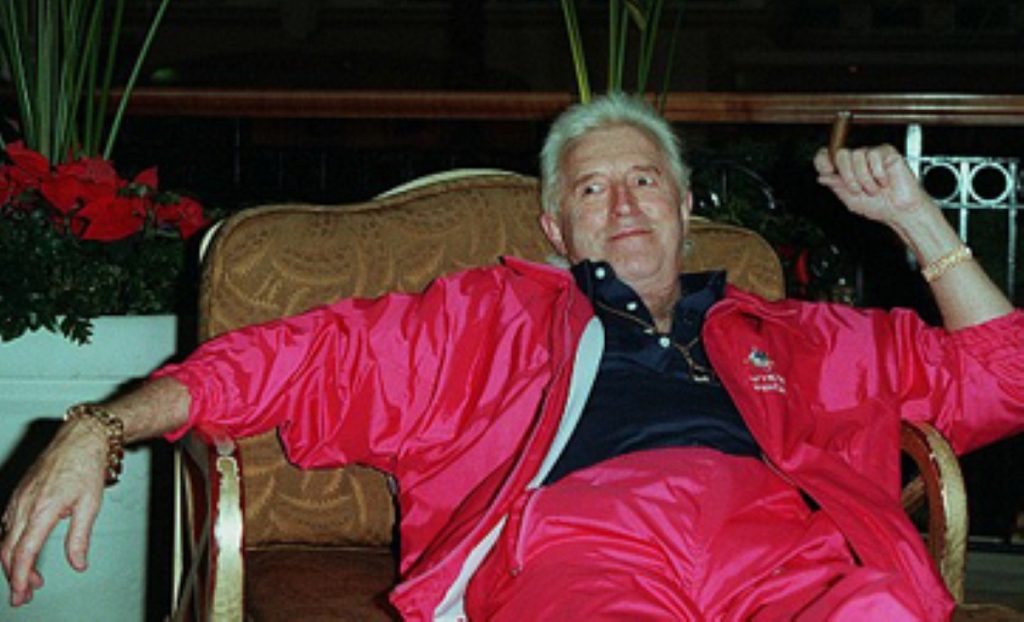Savile report reveals shocking truth
Harrowing details of Jimmy Savile's "predatory and opportunistic" sexual depravity have been revealed by the Metropolitan police.
Two hundred and fourteen offences dating from 1955 and 2009 were recorded, with the peak of offending taking place during Savile's 40s, from 1966 and 1976.
Details of the DJ and television presenter's sexual assaults and other offences were revealed in a report from the Met and the NSPCC.
Police said he used his celebrity status to allow him to hide in plain sight, preventing people from confronting him. There was some evidence of grooming, but the majority of cases were purely opportunistic.


There were 126 indecent acts and 34 rape or penetration offences, the report found.
Three-quarters of the offences were against those under 18 and four in five were against females.
Commander Peter Spindler of the Metropolitan police said: "Savile's offending footprint was vast, predatory and opportunistic. He cannot face justice today, but we hope this report gives some comfort to his hundreds of victims. They have been listened to and taken seriously."
It remains unclear how easy it will be for victims who want to take further action, however. Recent legal shifts in the courts have suggested organisations like the BBC linked to Savile may find it harder to defend themselves on the basis Savile was not directly employed.
The TV presenter's estate has been frozen and civil claims could also be made against it.
There were four allegations made against Savile before he died in 2011. Keir Starmer, the director of public prosecutions, acknowledged a series of failings which had led to the failure to pursue Savile while he was still alive.
Jon Brown of the NSPCC called for a broad lessons-learned review of all the inquiries into child abuse.
"I think this is a watershed, but we need to learn from this," he said.
"History will judge today by what happens from here on. We need to embed the learning from what's happened from this tragic case and ensure we can treat child sex abuse as a public health problem to ensure the victims are believed and treatment is available for them."
Thirty-three of the offences took place in TV or radio studios and 14 in schools.
There have been 57 allegations relating to incidents taking place in hospitals or hospices.
Among them were 16 offences at Leeds General hospital and 22 offences at Stoke Mandeville hospital, dating from the 1960s to the 1990s.
The Department of Health said in a statement: "When these allegations first came to light, the department and relevant NHS trusts started work to investigate these issues and we expect any new NHS organisations named today to do the same."
The report stated: "We recognise that there may be people who read this report who have been victims of sexual abuse but have chosen to remain silent, possibly for many years.
"We are therefore taking this opportunity to again publicise the NSPCC Helpline which offers advice, support and guidance – 0808 800 5000 or help@nspcc.org.uk."









